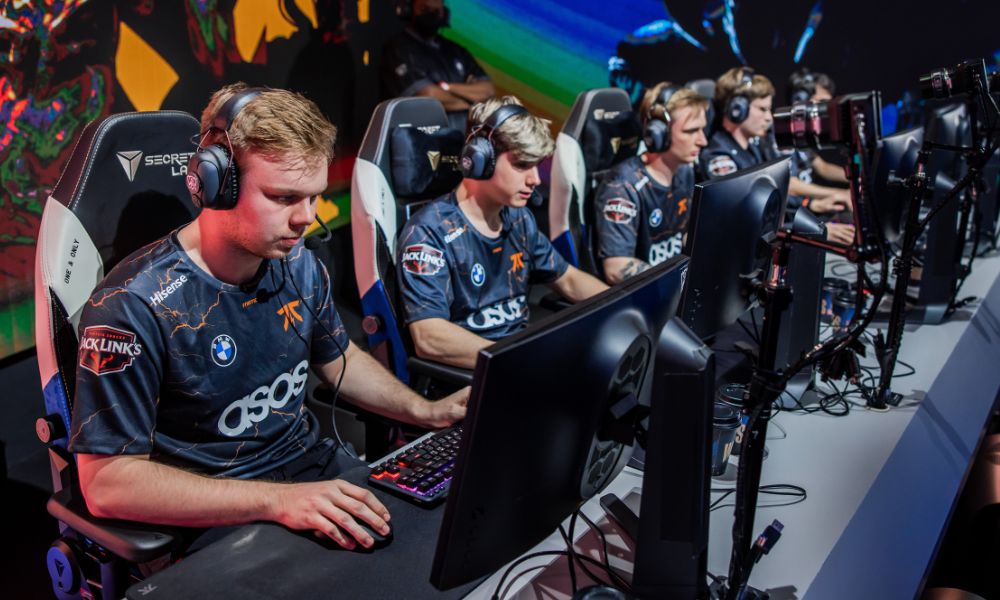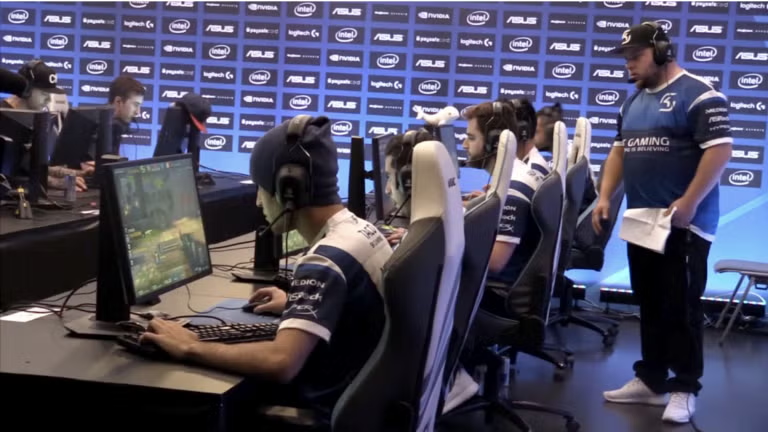The world of competitive gaming, known as esports, has skyrocketed from niche hobby to global phenomenon in just a few decades. With passionate players, massive prize pools, and millions of dedicated fans, esports has come out as a billion-dollar industry shaping the future of entertainment and sports. Today, gaming arenas are packed with roaring crowds, while millions more tune in online to watch their favorite teams compete on the world stage. But what’s fueling this meteoric rise? From sponsorship deals with major brands to cutting-edge streaming platforms connecting players and fans, esports is redefining how we look on competition. And just like in traditional sports, mental strength plays a vital role in performance—discover more in our article on The Role of Mental Toughness in Sports Success. Let’s find out why this digital revolution has caught the attention of audiences worldwide and what makes competitive gaming such a powerful force in today’s economy.

How Esports Became a Billion-Dollar Industry
Esports has transformed into a billion-dollar powerhouse thanks to a mix of innovation, investment, and an ever-growing fanbase. One of the biggest drivers behind its financial success is sponsorship. Major brands like Intel, Red Bull, and Nike have poured huge resources into competitive gaming, recognizing the influence and reach of esports audiences.
Streaming platforms like Twitch and YouTube Gaming have also played a pivotal role. These platforms make it easy for fans to watch tournaments, follow their favorite players, and engage with the community, creating a global marketplace for ads, subscriptions, and donations.
Massive international tournaments, such as The International for Dota 2 and the League of Legends World Championship, not only offer prize pools in the tens of millions but also attract millions of viewers worldwide, boosting revenue through ticket sales, merchandise, and broadcast rights.
What sets esports apart is its ability to engage younger, tech-savvy audiences. With a fanbase projected to exceed half a billion by 2024, the financial ecosystem of esports is only set to expand further. The rise of competitive gaming is nothing short of extraordinary.
The Cultural Impact of Esports on a Digital Generation
Esports has reshaped how younger generations connect, communicate, and view entertainment. For many in this digital age, gaming has evolved beyond a pastime into a central part of their social and cultural identity. Online platforms foster vibrant gaming communities, where players from different corners of the globe bond over shared experiences, strategies, and competitions.
This global connectivity has also broken boundaries, enabling fans to celebrate diversity and build friendships across cultures. Watching and participating in esports has become as normalized as following traditional sports, with gaming heroes now holding the same status as athletes or musicians.
Esports has even influenced career aspirations, inspiring a generation to explore opportunities in competitive gaming, content creation, and game development. Beyond that, the sense of belonging forged through group play and communities has helped combat feelings of isolation for many.
By legitimizing gaming as a mainstream activity and cultural phenomenon, esports has not only united a digital generation but reshaped how society views entertainment itself. Its impact continues to ripple through how we connect, collaborate, and celebrate shared interests.
What the Future Holds for Competitive Gaming and Its Fans
The future of competitive gaming is full of exciting possibilities, fueled by technological advancements and an expanding global audience. Innovations like artificial intelligence and improved streaming technology promise to elevate the esports experience for both players and fans, making matches more exciting and fascinating than ever.
Virtual reality (VR) and augmented reality (AR) are set to reshape the way we engage with esports. Imagine players competing in fully immersive arenas while fans experience the action from a first-person perspective right from their homes. These advancements could redefine how games are played, viewed, and celebrated.
The growth of new game genres is also expanding the diversity of esports, welcoming more players and fans into the fold. Coupled with increasing investments and partnerships, esports is solidifying its place as a mainstream form of entertainment, even rivaling traditional sports.
For fans, the future holds a more interactive and personalized experience. From global tournaments to grassroots events, competitive gaming is poised to create a world where anyone, anywhere, can feel connected. The horizon of esports is as dynamic, innovative, and inclusive as its community.
Conclusion
Esports has grown into a global force, mixing innovation, culture, and massive economic impact. From encouraging communities to redefining entertainment, it continues to captivate millions. With groundbreaking technologies and a rapidly expanding audience, the future of competitive gaming promises even greater possibilities. The rise of esports is only just beginning! For more insights into the evolving world of sports and performance, explore our collection of sports articles.




